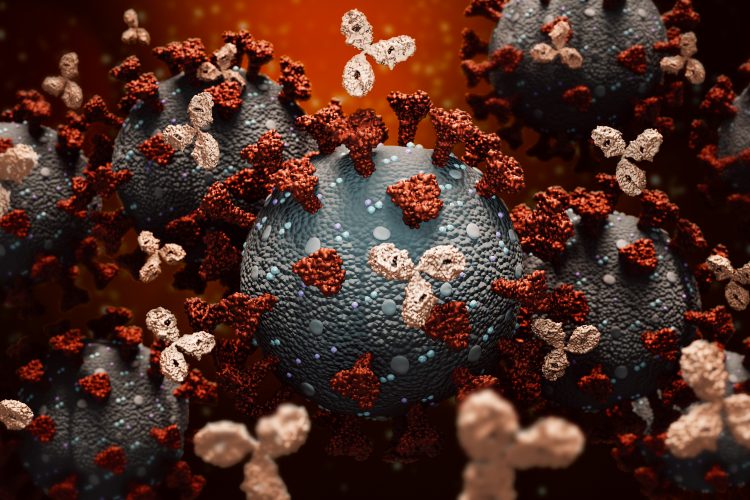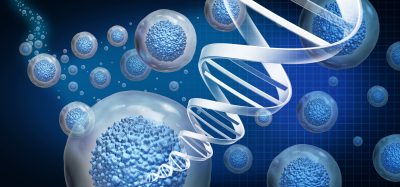Most antibodies targeting SARS-CoV-2 use specific immunoglobulin subtype
Posted: 14 July 2020 | Hannah Balfour (Drug Target Review) | No comments yet
Researchers reveal IgHV3-53 is the most common immunoglobulin mutation used to target the receptor binding domain on the SARS-CoV-2 spike protein.


An analysis of 300 recently identified human SARS-CoV-2 neutralising antibodies revealed that the immunoglobulin heavy chain variable region 3-53 (IgHV3-53) gene is the most used to target the virus. The discovery could contribute to the development of a successful vaccine, according to the researchers.
Although multiple vaccine candidates for COVID-19 (caused by the SARS-CoV-2 virus) have entered clinical trials, the molecular features that contribute to the most effect antibody response are still unclear.
The receptor binding domain (RBD) on the Spike protein of SARS-CoV-2, which the virus uses to infect human cells, has become a popular target for antibody development. In their study published in Science, Yaun Meng and colleagues from The Scripps Research Institute, US, analysed 294 RBD-targeting antibodies and discovered that the IgHV3-53 gene is most frequently used to for targeting the RBD of the virus spike protein. IgHV3-53 antibodies, the authors said, not only have lower mutation rates but are also more potent.
The team also studied the crystal structures of two IgHV3-53 antibodies bound to RBD and identified the features that led them to be so effective at binding and so highly potent. The researchers explained these features are what make them promising for vaccine design, and that their detailed insight into IgHV3-53 neutralising antibodies should facilitate the design of vaccine antigens that elicit this type of neutralising antibody response.
“As IgHV3-53 is found at a reasonable frequency in healthy individuals, this particular antibody response could be commonly elicited during vaccination,” they concluded.
Related topics
Antibodies, Drug Targets, Genomics, Immunology, Protein, Research & Development, Therapeutics, Vaccine
Related conditions
Coronavirus, Covid-19
Related organisations
The Scripps Research Institute
Related people
Yaun Meng








